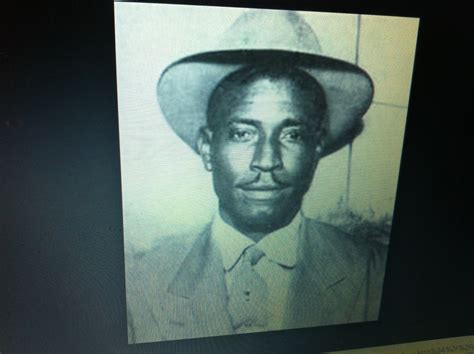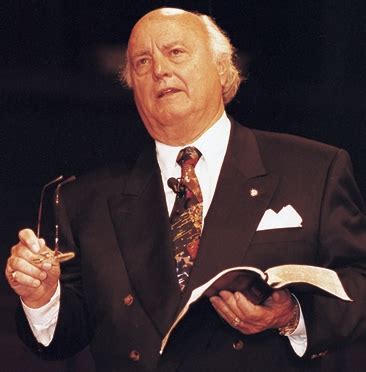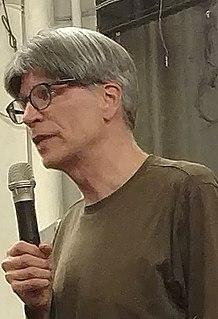A Quote by Ralph Waldo Emerson
Nature is a rag merchant, who works up every shred and ort and end into new creations.
Related Quotes
After all, poets shouldn't be their own interpreters and shouldn't carefully dissect their poems into everyday prose; that would mean the end of being poets. Poets send their creations into the world, it is up to the reader, the aesthetician, and the critic to determine what they wanted to say with their creations.
I was arrested 1965. I had come back from the merchant marines, got into conversations about the war. I had never heard of Vietnam until I was in the merchant marines in constitution square in Athens, and I picked up the New York Herald or the International Herald Tribune and there was my first introduction of the word Vietnam.
Every individual nature has its own beauty. One is struck in every company, at every fireside, with the riches of nature, when he hears so many new tones, all musical, sees in each person original manners, which have a proper and peculiar charm, and reads new expressions of face. He perceives that nature has laid for each the foundations of a divine building, if the soul will build thereon.
Art on the contrary sought this harmony in practice [of art itself]. More and more in its creations it has given inwardness to that what surrounds us in nature, until, in Neo-Plasticism, nature is no longer dominant. This achievement of balance may prepare the way for the fulfillment of man and signal the end of (what we call) art.
I just kind of opened up and said, 'I feel like a rag doll. I have hair and makeup people coming to my house every day and putting me in new, uncomfortable, weird dresses and expensive shoes, and I just shut down and raise my arms up for them to get the dress on, and pout my lips when they need to put the lipstick on.'







































